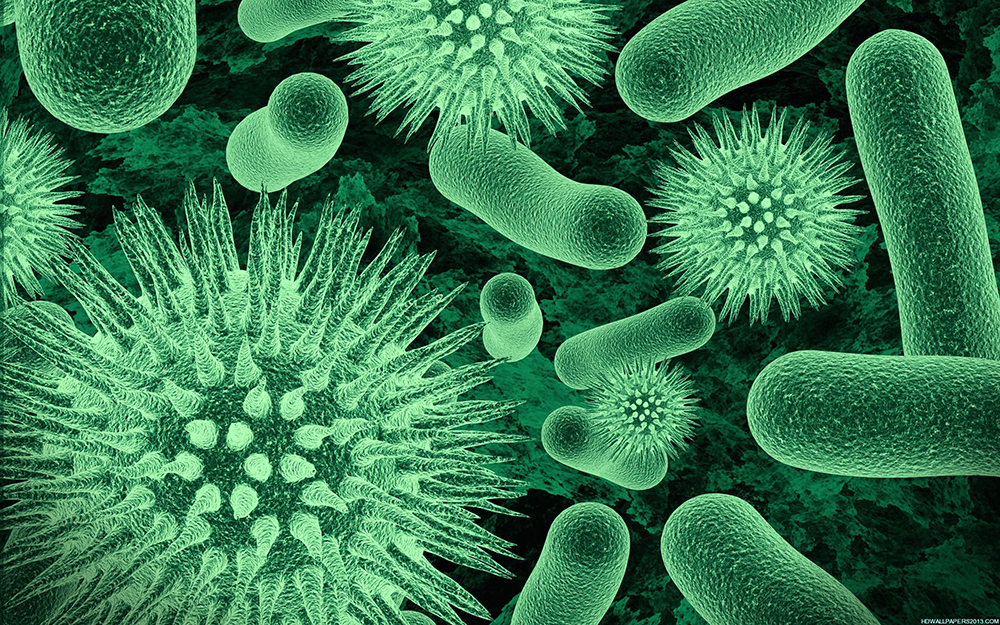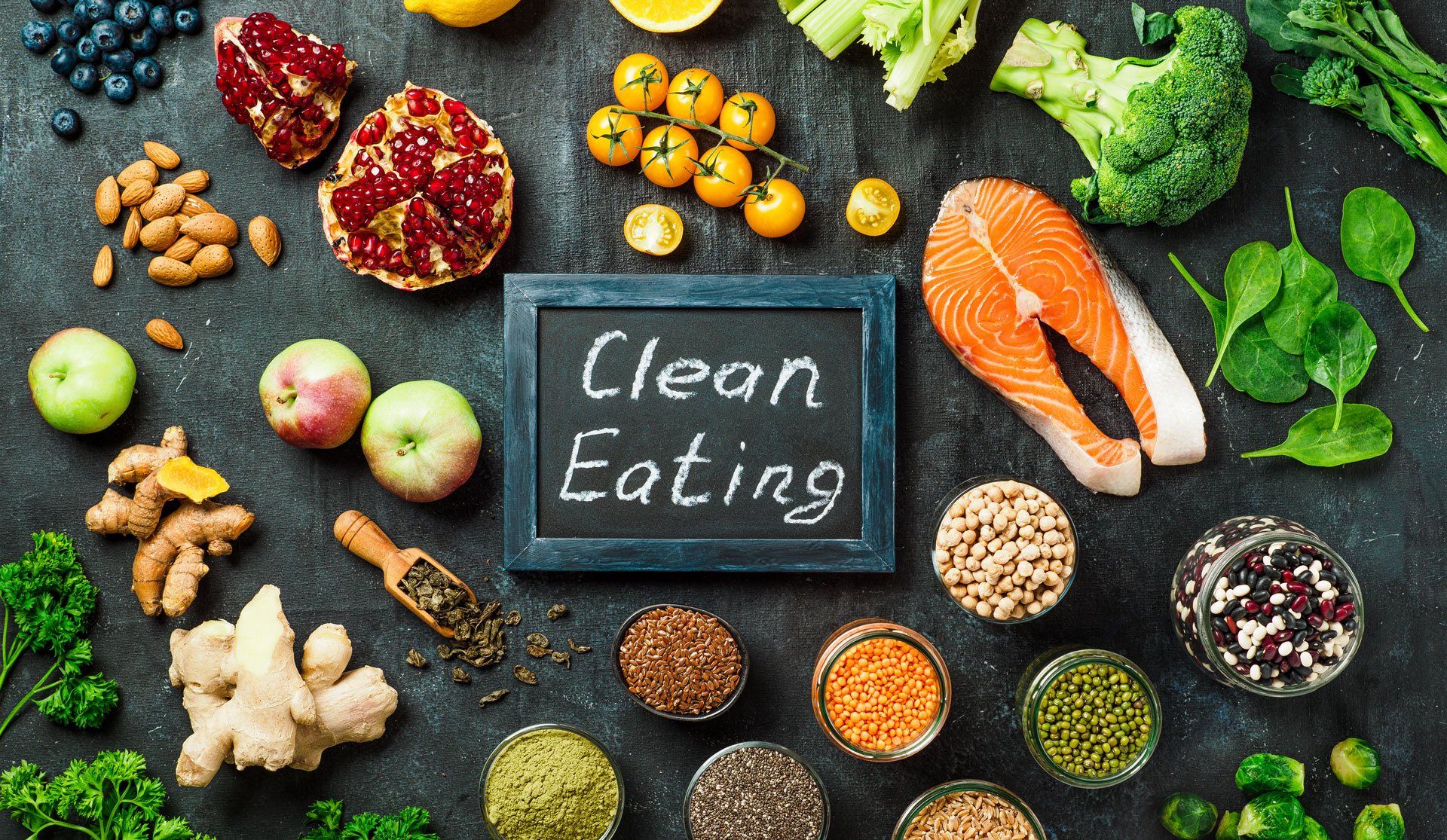
Researchers estimate that 20% to 30% of life expectancy is genetic. The remainder is due to a combination lifestyle and genes. However, the length of life of the average person hasn't changed much in the past few decades, despite the fact that the number of years that people live is increasing. A variety of factors can impact a person's lifespan. It is important to eat a healthy diet and exercise regularly.
Although genetics is still a relatively new field, studies have shown that nutritional requirements can lead to longer life expectancy. It was also discovered that 25% of human life span variance is genetic. There are many genes involved in aging. Longevity has been linked to three genes, though they are not yet fully understood. These genes include the APOE and FOXO3 genes, as well as the CETP gene. Although they don't appear to play any role in determining one’s lifespan, there is evidence that they work together.

Average Americans live for eighty-eighty years. Asian-Americans on the other hand, live an average of nearly 100 years more. Black Americans have shorter lifespans and tend to be less healthy. The rates of cancer, heart disease and diabetes in men are higher than those in whites. Women generally outlive men, though. There are many theories that explain why women live longer than men, but they all have to do with better health and fewer physical activities.
Lifestyle factors are more important than genetics. It is all about the lifestyle a person chooses, as well as the environment where they live and the foods they eat. The first seven decades of life are the most important time when lifestyle matters more than genes. As they age they are more likely not to develop many age-related ailments and remain healthy.
Lifestyle, genetics and environment can all impact the life span. People who live longer than their peers are healthier. The length of their lives is determined by the environment and lifestyle they live in. The diet and nutrition of those living in poorer areas can also have an impact on their longevity. While these factors can be important, they don't always cause longevity. If you want to extend your life, make sure to eat healthy foods. A lot of fresh fruits, vegetables and meats will make you live longer.

Scientists have looked at people who live well into their nineties. They have the same lifestyles as those who live in their nineties and thirties. They don't smoke and aren't overweight. They can also handle stress well. Moreover, they tend to be female. Importantly, older adults in good health are more likely than their counterparts to live longer.
FAQ
Which diet is best for me?
The best diet for you depends on several factors, like your age, gender, weight, health conditions, and lifestyle habits. You should also consider how much energy your exercise consumes, whether you like low-calorie or high-calorie foods, and what you enjoy in terms of eating fruits and veggies.
Intermittent fasting may be a good choice if you want to lose weight. Intermittent fasting allows you to consume only certain meals per day, instead of eating three large meals. This method may work better than traditional diets which include daily calorie counts.
Studies have shown that intermittent fasting can improve insulin sensitivity and decrease inflammation. This could lead to improved blood sugar levels, and a lower risk of developing diabetes. Research suggests that intermittent fasting can promote fat loss and improve overall body composition.
How do you measure body fat?
A Body Fat Analyzer is the best way to measure body weight. These devices can be used to measure body fat percentages in people who are trying to lose weight.
What should I be eating?
You should eat lots of vegetables and fruits. They are rich in vitamins that can strengthen your immune system. Vegetables and fruits are high in fiber which helps to digest and fill you up. Try to include at least five servings of fruit and veg per day.
Water is essential for your body. Water flushes toxins from your body and helps you feel full between meals. Drink about eight glasses each day.
Refined grains should be replaced with whole grains. Whole grains are rich in nutrients such as iron, zinc and magnesium. Refined grains lack some nutrition.
Avoid sugary drinks. Sugary drinks have empty calories and are a major contributor to obesity. Instead, opt for water, milk, or unsweetened tea.
Avoid fast food. Fast food has very low nutritional value. Fast food may be delicious, but it will not give you the energy that you need to perform your tasks properly. Stick to healthier options such as salads, soups, sandwiches, and pasta dishes.
Limit your alcohol intake. Alcohol is a poor nutrient and has empty calories. Limit your intake to two alcoholic drinks per week.
Reduce your consumption of red meat. Red meats contain high amounts of saturated fats and cholesterol. You should choose lean cuts like beef, pork lamb, chicken and fish instead.
Exercise: Good or Bad for Immunity?
Your immune system is strengthened by exercise. When you exercise, your body produces white blood cells which fight off infections. Your body also gets rid of toxins. Exercise helps prevent diseases like cancer and heart disease. It also reduces stress levels.
Exercising too frequently can make your immune system weaker. Exercising too hard can make your muscles sore. This causes inflammation and swelling. In order to fight infection, your body must produce more antibodies. However, these antibodies can also cause allergic reactions and autoimmune diseases.
So, don't overdo it!
What is the difference of fat and sugar?
Fat can be a source of energy that is obtained from food. Sugar is a sweet, naturally occurring substance in fruits and vegetables. Both fats, as well sugars, provide the same number calories. However, fats contain more than twice as many calories as sugars.
Fats are stored within the body and can contribute to obesity. They cause cholesterol buildup in arteries which may lead to heart attacks and strokes.
Sugars are quickly absorbed by the body and provide instant energy. This causes blood glucose levels rise. High blood glucose levels can lead to type II diabetes.
Supplements and herbs can improve immunity
To boost immunity function, herbs and natural remedies are available. There are many natural remedies that can boost immunity, including echinacea (oregano), ginger, ginkgo biloba and vitamin C.
These herbal remedies are not meant to replace medical treatment. They may cause side effects such as nausea, diarrhea, stomach cramps, headaches, dizziness, and allergic reactions.
Statistics
- WHO recommends reducing saturated fats to less than 10% of total energy intake; reducing trans-fats to less than 1% of total energy intake; and replacing both saturated fats and trans-fats to unsaturated fats. (who.int)
- This article received 11 testimonials and 86% of readers who voted found it helpful, earning it our reader-approved status. (wikihow.com)
- The Dietary Guidelines for Americans recommend keeping added sugar intake below 10% of your daily calorie intake, while the World Health Organization recommends slashing added sugars to 5% or less of your daily calories for optimal health (59Trusted (healthline.com)
- In both adults and children, the intake of free sugars should be reduced to less than 10% of total energy intake. (who.int)
External Links
How To
What does the meaning of "vitamin?"
Vitamins are organic compounds naturally found in food. Vitamins help us absorb nutrients from foods we eat. Vitamins cannot come from the body so food must provide them.
There are two types vitamins: water soluble or fat soluble. Water-soluble vitamins dissolve readily in water. Some examples include vitamin C,B1 and B2 vitamins (thiamine), B2 and riboflavin, B3 and B6 vitamins (niacin), folic acids, biotin, pantothenic acids, and cholesterol. Fat soluble vitamins are stored in the liver and fatty tissue. Examples include vitamin D, E, K, A, and beta carotene.
Vitamins are classified according to their biological activity. There are eight main groups of vitamins.
-
A - Essential for healthy growth and health maintenance.
-
C is important for nerve function and energy production.
-
D - essential for healthy bones, teeth, and gums.
-
E - needed for good vision and reproduction.
-
K - Required for healthy nerves and muscles.
-
P – vital for building strong bones.
-
Q – aids digestion of iron and iron absorption
-
R - Required for red blood cell production
The recommended daily allowance (RDA) of vitamins varies depending on age, gender, and physical condition. The U.S. Food and Drug Administration (FDA) sets the RDA values.
For adults 19 years and over, the RDA of vitamin A is 400mg per day. Pregnant women require 600 micrograms daily to support fetal development. Children ages 1-8 require 900 micrograms per day. Babies under one-year old require 700 mg per day. Between 9 and 12 years of age, however, this drops to 500 mg per day.
Children aged 1-18 years need 800 micrograms daily, while children overweight require 1000 micrograms per days. Children who are severely obese or underweight will need 1200 micrograms each day.
Children ages 4-8 years who have been diagnosed with anemia need 2200 micrograms per day of vitamin C.
Adults over 50 years of age need 2000 micrograms per day for general health. Mothers who are pregnant, nursing, or have a high nutrient need will require 3000 micrograms a day.
1500 micrograms are required daily by adults over 70 because they lose approximately 10% of their muscle each decade.
Women who are pregnant, nursing or breastfeeding need more than the RDA. Pregnant mothers need 4000 micrograms per daily during pregnancy and 2500 after giving birth. Breastfeeding mothers need 5000 mg per day when breastmilk is being produced.